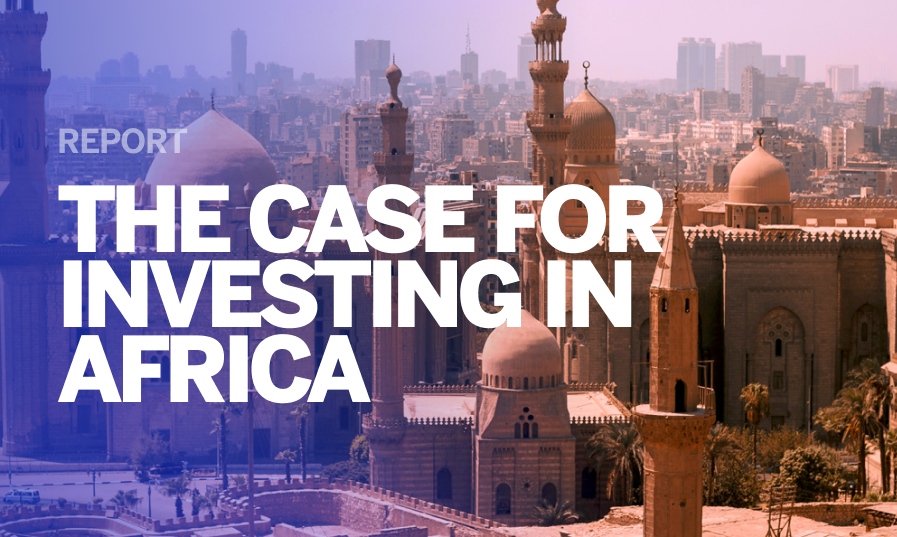Uganda: much still hinges on oil investment
Medium-term outlook: first oil remains on track for 2025/26
We now trim our FY2023/24 GDP growth forecast to 5.9% y/y – 6.1% y/y, from 6.5% y/y – 6.8% y/y. For FY2024/25, GDP growth should reach 6.7% y/y – 6.9% y/y.
Per preliminary data, GDP growth was 5.3% y/y in FY2022/23, from a (revised) 4.6% y/y in FY2021/22. Official data denotes growth for Q1 and Q2 (of FY2022/23) at an average of 6.8% y/y, implying much slower economic activity in H1:23 (the quarterly GDP growth breakdown for Q3 and Q4 had not been released at the time of writing). Still, revisions to historical GDP growth still seem likely. This would imply that H2:22 growth might still undershoot the reported 6.8% y/y average.
As weather conditions have been good, the agricultural sector should underpin GDP growth in H2:23. However, the risk of El Niño rains may restrain that sector’s growth and thereby also subdue GDP growth.
The Uganda National Meteorological Authority (UNMA) sees a 50% probability of El Niño rains in H2:23. Initially, there may be flooding which would constrain agricultural sub-sector growth but, eventually, such heavy rainfall should subdue food prices as well as spur personal consumption expenditure.
We reiterate that the timing of first oil will increasingly depend on government securing financing for the USD3.5bn crude oil pipeline. They remain confident of first oil transpiring in 2025. However, further financing delays might see this this target being missed. Reportedly, commercial lenders have been pulling out of crude oil pipeline funding arrangements due to environmental and social concerns. They government however expects funding from sources in China to compensate for the supposed pullback from commercial lenders. The government has also confirmed that 60% of the funding for the pipeline has been secured.
Our robust growth outlook for 2024 to 2025 hinges largely on investment spending in the oil sector as likely to rise meaningfully. If not, our GDP growth forecasts may prove too rich.












